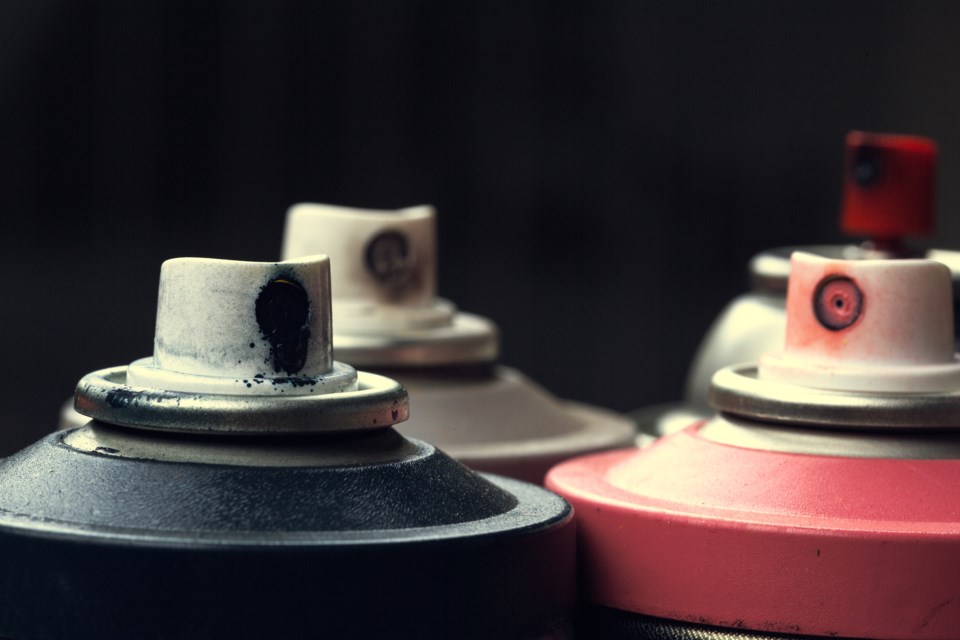Over the last month, instances of hate-motivated graffiti have been rising in the region.
As a result, regional police have turned to restorative processes as a possible alternative to the traditional justice system in some cases.
Sulah is a part of Community Justice Initiatives, and strives to build relationships across cultures through dialogue.
"This program offers restorative justice options, and opportunities for those who have been victims of harm, as well as those who have offended in these types of instances," said Sulah Service Coordinator, Kamil Ahmed.
As the police are involved in many instances of hate crimes, Sulah has been working with regional police, and continue to do so.
In cases of graffiti, there is often not one individual affected, but an entire community. Ahmed explained how Sulah might approach that situation.
"In that instance, someone from the faith centre, the worship site represented the victim to participate in the dialogue process," said Ahmed.
That allows that representative, and the offender to both participate in the restorative process.
"An example of an outcome is both [parties] get to a place individually where they are willing, and open to sit together and share space in a mediation," Ahmed said. "The mediation is really about uncovering unmet needs, and discovering accountability, but also what that accountability can be transformed into, to reconcile relationships."
Ahmed added that feedback from participants has been positive.
"There's a lot of power, and fulfillment in being able to tell your story, and to sit in a dialogue process," said Ahmed. "Because, there's an experience there, that's not had in the traditional justice system."
Sulah also receives referrals from the community, so anyone who has been harmed, and is interested in their services can contact them.
Ahmed added Sulah's goal is to facilitate dialogue as a preventative measure, in addition to reacting to cases.
To learn more, you can click here.



